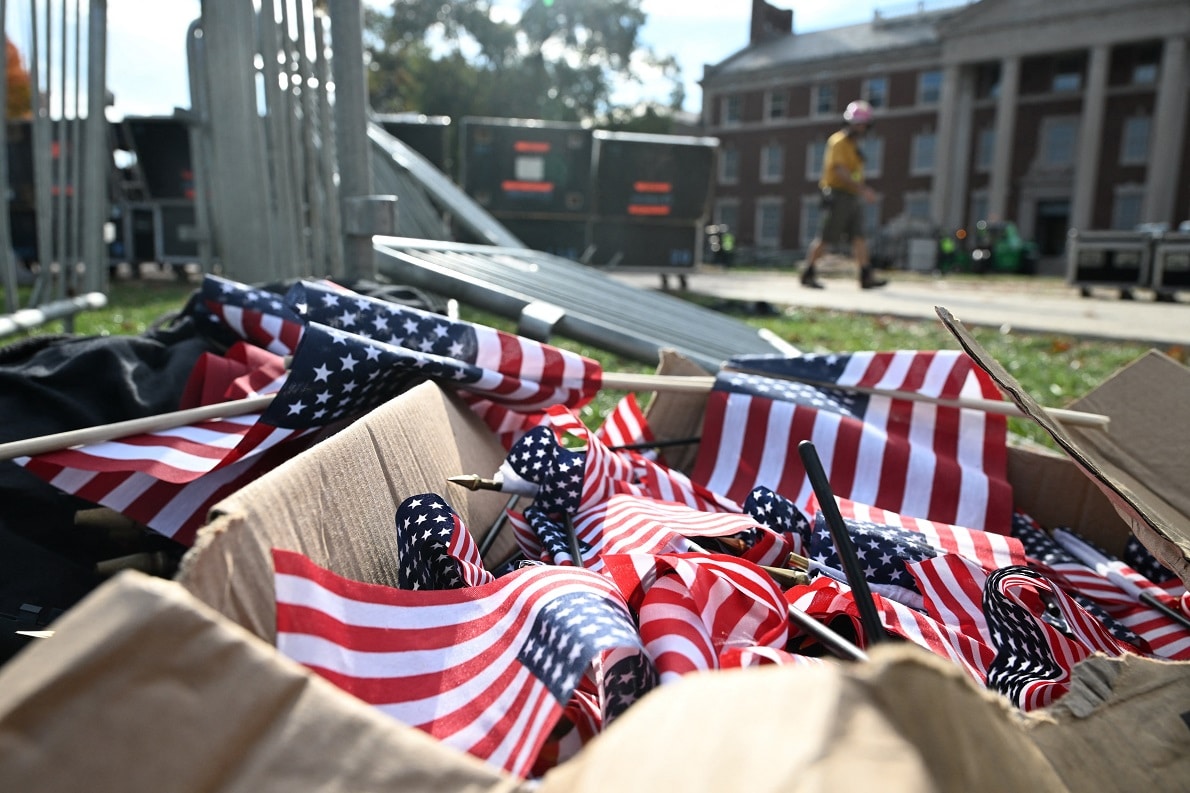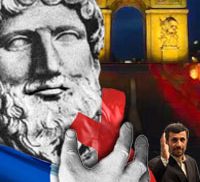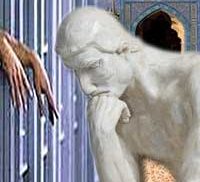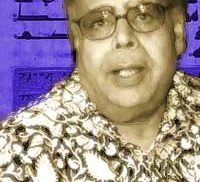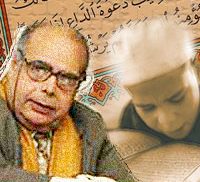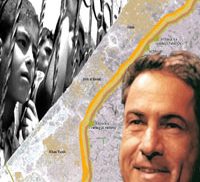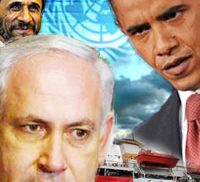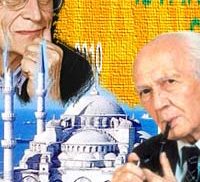Trump’s reelection personified a profound sense of disempowerment and disenfranchisement among many Americans. The constitutional patriotism that once anchored the nation’s cultural fabric is eroding, leaving citizens feeling that the boundaries of belonging no longer provide the support or cohesion they need. This void has been filled by inflammatory rhetoric and the scapegoating of migrants and minorities, reducing public discourse to a cacophony of accusations. What steps can the Left take to address these demands directly? Is there a path for populism to find a home on the Left, or has the idea of solidarity been irrevocably claimed by an ethnonationalist movement?
Dossiers
- On November 9th Unesco’s Secretary General Irina Bokova announced that World Philosophy Day will no longer be held in Teheran, where the 2010 edition had originally been scheduled, and that not even secondary events will be held in the Iranian capital. All recognition from Unesco has been officially withdrawn. The decision at last ended Unesco’s embarrassment and made Tehran’s isolation even more obvious (Click here to read the Iranian regime’s outraged reaction.) The merit also goes to the debate that resulted from protests from Resetdoc, which started with a letter we sent to the director of Unesco. After receiving much support for our appeal, we opened a webpage dedicated to launching an alternative World Philosophy Day (philosophy4freedom.org). As The New York Times wrote when reporting on our initiative, UNESCO risked «turning its “school of freedom” into a propaganda exercise for a brutal regime.» (See also the articles that The Wall Street Journal, The Guardian, Il Corriere della Sera, Pbs.org (Hamid Dabashi and Binesh Hass) and Insidehighered have written about our protest.)
- Six months ago Iraqi voters defied terrorist bombs and snipers, but such courage has not yet borne fruit and unbelievably Iraq is still without a government. In the meantime, while suicide attacks continue, one citizen out of four lives below the poverty line and the withdrawal of American troops risks rendering the country even less secure, identity issues continue to divide society.
- The date of the World Philosophy Day (21-23 November) is approaching and nothing seems to prevent that this prestigious global appointment will happen to be held in Tehran. Our protest began with a letter sent to the director of UNESCO last January on behalf of the Association. Now, on Monday September 27th, we will hold a meeting in New York in order to further sensitize international public opinion. The UNESCO’s initiative is turning into the opposite of what it should be. Postponing this event in Iran to a future date can be the only way to preserve the universality of its initiative and of its mission.
- After the dossier entitled Remembering Abu Zayd, our tribute to the great Egyptian philospher who died in July continues. These are new contributions from his friends and colleagues.
- With its oil, gas, spies and revolutions, Central Asia has returned to stir the imagination of western observers. This is thanks to Great Game version 2.0, in which the leading players are Russia, the United States and China, this last country appearing to take advantage of the historical rivalry between the first two. All this is also the result of the rising threat of Islamic extremism in the region and a democratic deficit that is made clear to everyone, for example, in Kyrghyzstan, with the bloody revolts of four month ago as well as the recent inter-ethnic clashes.
- The world of culture has sufferend a serious loss. Philosopher Nasr Hamid Abu Zayd, one of the Islamic world’s greatest thinkers and a member of Reset Doc’s Scientific Committee, has died. We remember him with a special issue also presenting once again a number of his publications and interviews in our magazine (Click here to watch his last Resetdoc video-interview.)
- Former IAEA president and the moderate Mohamed El Baradei has returned home to Egypt and intends to stand in the next presidential elections. While the elections for the Upper House marked the usual foregone success of President Mubarak’s party, the Muslim Brotherhood has expressed its support for El Baradei. Can this man bring about change? And, above all, will he be permitted to run against the “Pharaoh”?
- «Not only is the blockade criminal and cruel to the Palestinian people, it is also not in Israel’s best interests,» says Israeli Haaretz journalist Gideon Levy speaking of the Gaza blockade. After the shock of the attack on the pacifist Freedom Flotilla sailing to Gaza, the situation in the Gaza Strip has returned to the centre of the international debate. Following Barack Obama’s example, the most important European Foreign Ministers have invited Israel to lift the blockade. Gaza’s tragedy can only strengthen Hamas, Hezbollah and the enemies of the Jewish state.
- The attack on the pacifist flotilla carrying humanitarian aid to Gaza resulted in the death of ten activists, a diplomatic crisis with Turkey (Israel’s only remaining long-standing ally in the Muslim world) and an international public relations disaster. Europe protested and the White House is embarrassed. Israel’s enemies Ahmedinejad and Hamas celebrate and thank Prime Minister Netanyahu.
- Do political strategies for supporting a gradual coming together of different cultures exist? Does religion help or hinder this? These were the questions at the center of this third edition of Resetdoc’s annual conference in Istanbul (Realigning liberalism: pluralism, integration, identities, May 19th -24th), that, among others, has also hosted as honoured guests Zygmunt Bauman and Alain Touraine.


